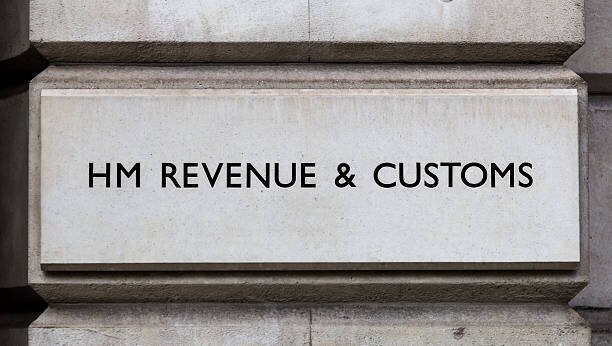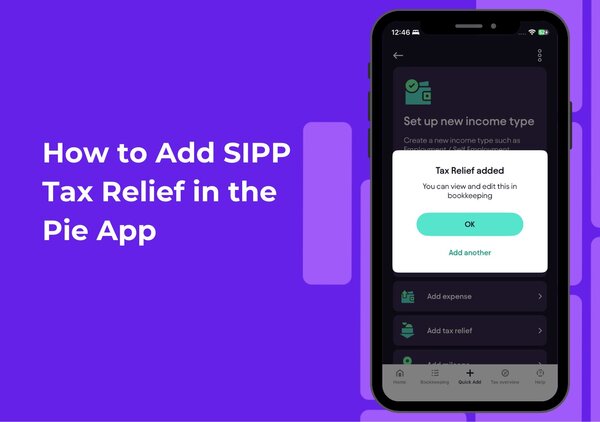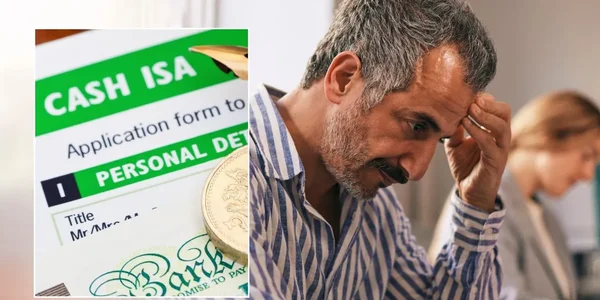Introduction
The UK’s tax authority, HM Revenue and Customs (HMRC), has commenced a renewed campaign to ensure households are accurately reporting all forms of taxable income. The drive, which began in earnest this year across England, Scotland, Wales and Northern Ireland, specifically targets those with extra sources of income, such as rental earnings and side businesses.
This intensified initiative comes as HMRC seeks to close the country’s substantial “tax gap”, a term used to describe the difference between taxes owed and taxes actually collected. According to HMRC’s most recent official figures, this gap was estimated at £35.8 billion for the tax year ending April 2022.
Amid increased scrutiny, HMRC is contacting tens of thousands of individuals, warning of financial penalties and possible prosecution for failing to declare income accurately. The campaign’s wider aim is to improve compliance, protect public finances and ensure fairness within the tax system. Tax experts warn that many may be unaware of their obligations, making clear information and guidance essential as the crackdown continues.
HMRC’s Increased Scrutiny on Unreported Income
HMRC has expanded its efforts to identify undisclosed income by analysing data from a variety of sources, including bank accounts, lettings platforms, and payment services. The department uses its “Connect” data-analytics system to flag discrepancies and unusual financial activity, helping to single out potentially non-compliant taxpayers for further review.
According to the latest official report titled “Measuring tax gaps 2023 edition”, a considerable proportion of the tax gap arises from under-declared business and property income. The report highlights that “error and failure to take reasonable care” remain principal causes of the shortfall, especially among self-assessment taxpayers, which include landlords and self-employed individuals. HMRC officers have indicated that their compliance teams are issuing thousands of “nudge” letters to prompt taxpayers to review and, if necessary, correct their tax returns.
Recipients are typically advised to use HMRC’s online disclosure facilities, such as the Digital Disclosure Service, to declare additional earnings before formal investigations begin.
Focus on Property Income and Side Hustles
A significant part of the current compliance initiative centres around property income and earnings from gig economy side ventures. Taxpayers who let out a room, rent properties short-term, or receive income from platforms like Airbnb are expected to declare these earnings on their annual Self Assessment returns if they exceed certain thresholds.
The annual “property allowance” allows for up to £1,000 in rental income per year to be tax-free, a provision in place since the 2017-2018 tax year. However, any income above that amount must be declared to HMRC. For individuals running businesses from online sales to freelance work annual trading income above £1,000 must also be reported.
According to official HMRC communication, failing to declare such income can lead to penalties of up to 100 percent of unpaid tax. Speaking in a government press release, an HMRC spokesperson stated: “We are committed to ensuring everyone pays the right amount of tax, and that the system is fair for the vast majority who do. Taxpayers who think they may have additional income should check the guidance and seek advice if unsure.”
Recent Policy Developments and Guidance
In response to the evolving economy and the growth of side businesses, HMRC has continued to update its guidance and online tools for taxpayers. The expansion of third-party reporting, where digital platforms must share user earning data directly with HMRC, has further strengthened the authority’s compliance capability.
This is in line with the UK’s commitment to the OECD’s “Model Rules for Reporting by Platform Operators”. On 8 December 2023, the Economic Secretary to the Treasury, Bim Afolami, reaffirmed that “legislation is being kept up-to-date to address the changing ways people earn” and that new disclosure initiatives are “designed to make compliance easier and improve transparency.” Tax professionals and financial planners have responded by urging individuals to routinely review their finances
. “Many people honestly do not realise when certain incomes are taxable,” said Amanda Lennon, a partner at a leading accountancy firm. “The updated HMRC guidance is a step in the right direction for clarity, but direct communication to affected taxpayers remains crucial.”
Consequences of Non-Compliance
Penalties for undeclared income can be considerable and vary depending on intent. Under current UK law, those who fail to inform HMRC about tax liabilities can face financial penalties of up to 100 percent of the unpaid tax, in addition to the tax owed and possible interest charges. In serious cases, particularly those involving deliberate fraud, HMRC may pursue criminal prosecution.
According to official statistics released in January 2024, HMRC has obtained over 600 convictions for tax evasion in the previous financial year, with sentences ranging from financial penalties to custodial sentences in extreme cases. The authority encourages self-disclosure, stating that taxpayers who voluntarily correct mistakes often receive substantially lower penalties.
As stated on the government’s own tax compliance pages, “the best way to minimise penalties is to tell us about any mistakes as soon as possible.”
Stakeholder Perspectives
Taxpayer advocacy groups have broadly welcomed HMRC’s crackdown, arguing that it helps to ensure fairness by holding all earners to the same standard. “For the system to work, everyone must pay their fair share,” commented Robert Palmer, Executive Director of Tax Justice UK. “High levels of non-compliance reduce public trust and mean less money for essential services.
” However, critics emphasise that the tax system must also be accessible and easy to understand. The Low Incomes Tax Reform Group (LITRG) warned that ordinary households may inadvertently fall foul of the rules. “Ensuring people are properly informed and supported is as important as robust enforcement,” said Victoria Todd, head of LITRG. Politically, the issue has attracted bipartisan support in principle, but some opposition parties have called for more investment in taxpayer education and robust support systems to accompany increased compliance activity.
Final Summary
HMRC’s renewed campaign targeting undeclared household income particularly from property letting and side businesses signals a continued strategy to close the nation’s multi-billion pound tax gap.
By harnessing data analytics, expanding digital platform oversight, and intensifying direct communications, the tax authority aims to increase compliance and uphold fairness. Key voices in public finance and tax justice broadly support the move but stress the need for clarity and support for ordinary taxpayers navigating complex rules.
With considerable penalties and the risk of prosecution for serious non-compliance, HMRC urges individuals who may have underdeclared earnings to come forward voluntarily. As the campaign proceeds, heightened awareness and improved guidance are likely to remain central to its effectiveness.











